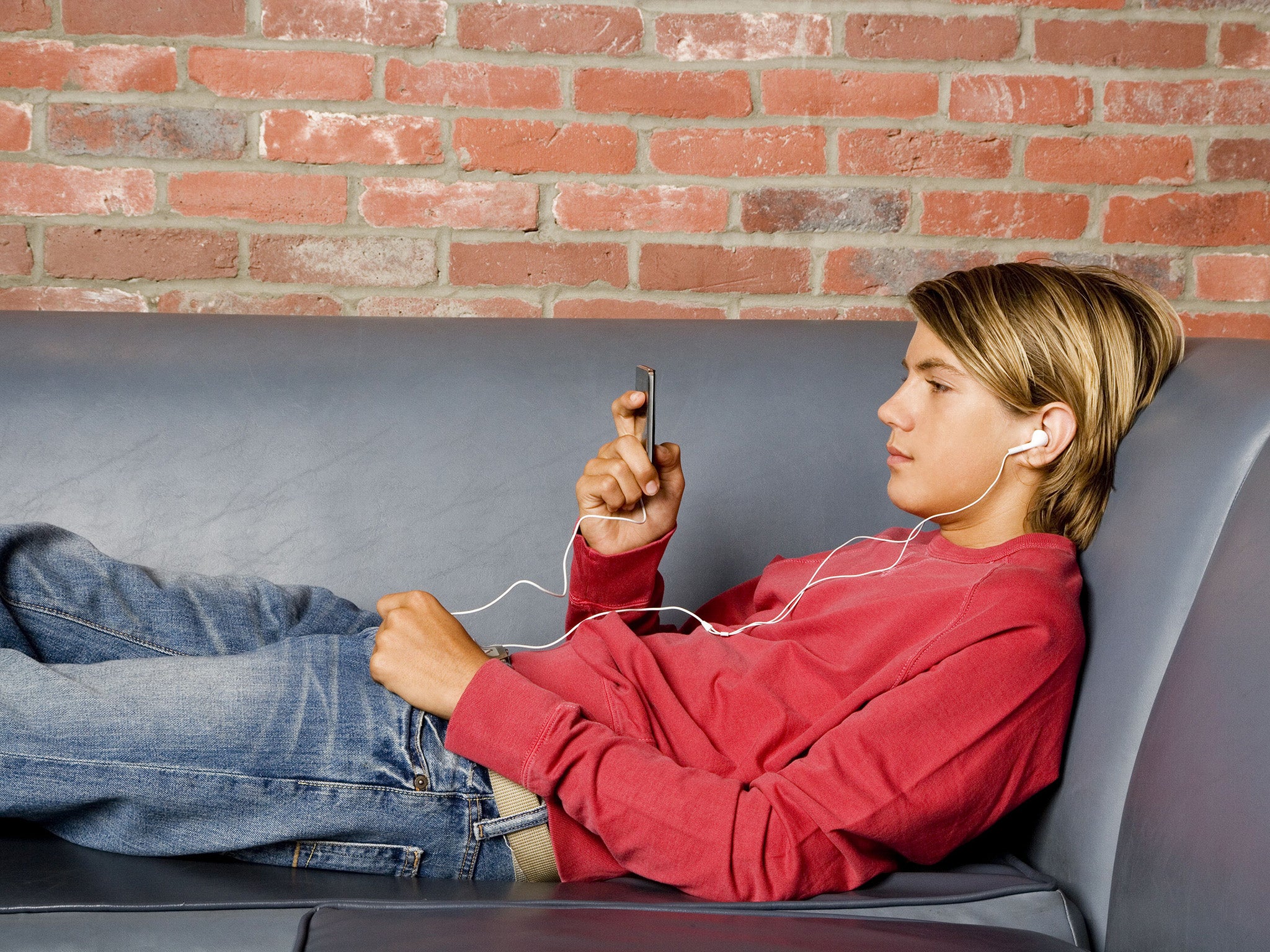Children warned to not listen to music for more than one hour a day
Nearly half of all young people in middle and high income countries are at risk of tinnitus and, in some cases, irreversible hearing loss

Your support helps us to tell the story
From reproductive rights to climate change to Big Tech, The Independent is on the ground when the story is developing. Whether it's investigating the financials of Elon Musk's pro-Trump PAC or producing our latest documentary, 'The A Word', which shines a light on the American women fighting for reproductive rights, we know how important it is to parse out the facts from the messaging.
At such a critical moment in US history, we need reporters on the ground. Your donation allows us to keep sending journalists to speak to both sides of the story.
The Independent is trusted by Americans across the entire political spectrum. And unlike many other quality news outlets, we choose not to lock Americans out of our reporting and analysis with paywalls. We believe quality journalism should be available to everyone, paid for by those who can afford it.
Your support makes all the difference.Teenagers and young adults should listen to music on headphones for no more than one hour per day, the World Health Organisation (WHO) has said.
The global health authority has warned that 1.1 billion 12 to 35-year-olds are at risk of hearing loss because of “unsafe use” of personal audio devices including smartphones, as well as exposure to damaging levels of sounds in nightclubs, bars and at sporting events.
Nearly half of all young people in middle and high income countries were putting themselves at risk of tinnitus and, in extreme cases, irreversible hearing loss, they said.
Exposure to 100 decibels (dB) for 15 minutes is classified as unsafe, as is 85dB for eight hours. The maximum volume on some music players, as well as noise levels in clubs, often exceed 100dB while 85dB is close to the noise level in a moving car.
The WHO recommended limiting the use of personal music players, and wearing earplugs when visiting noisy venues.
“As they go about their daily lives doing what they enjoy, more and more young people are placing themselves at risk of hearing loss,” said Dr Etienne Krug, WHO director for injury prevention said. “They should be aware that once you lose your hearing, it won’t come back. Taking simple preventative actions will allow people to continue to enjoy themselves without putting their hearing at risk.”
Noise levels in the workplace should not exceed 85dB, the WHO said, and those who work in nightclubs and at sporting events should take particular caution.
Join our commenting forum
Join thought-provoking conversations, follow other Independent readers and see their replies
Comments